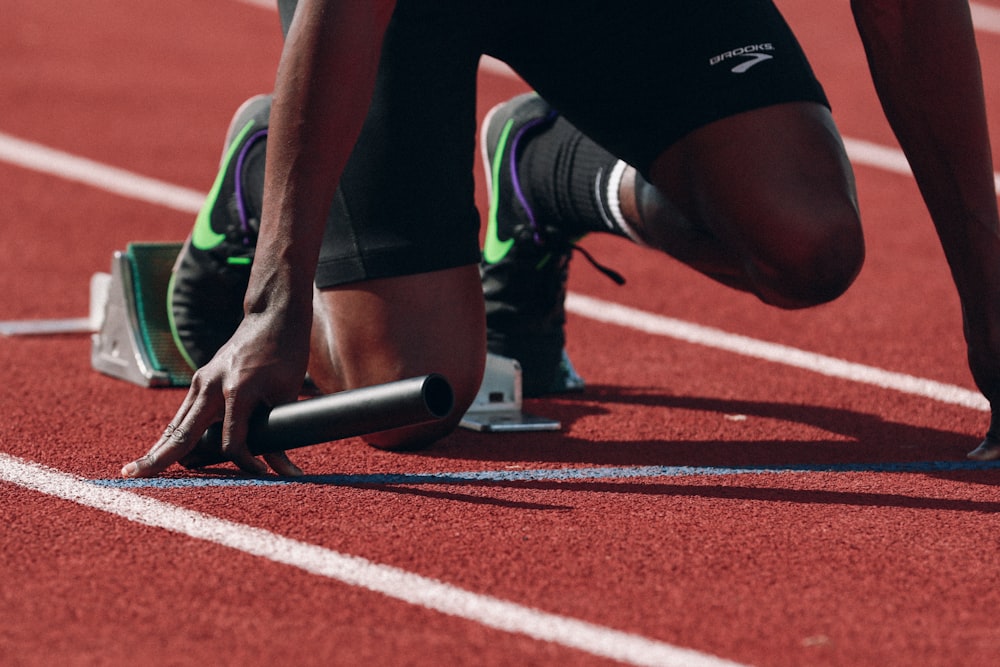When I took this topic on I knew that the most difficult element of the inquiry was going to be based on the changes I believe should be made in order to allow for student-athletes to receive the financial compensation they deserve.
In the video above, a former LSU Tiger who is now a pro-bowl wide receiver in the NFL, Odell Beckham Jr. can be seen handing out wads of cash to players having just won the National Championship. After this, players who were caught on camera receiving cash were suspended by the NCAA for violation of amateurism. But with that being said, the schools that qualified for any playoff bowl games (8 teams) split roughly a $450 million dollar profit. Not a single cent goes to an athlete who participated but rather to the schools they attend and back towards the NCAA.

So what exactly is the solution you might ask. Well I have three main ideas that come to mind when thinking of what can be done in order to make the NCAA function in a more reasonable manner. The first is for the universities to create a universal stipend for their student-athletes of ‘X’ amount each month while they attend the university. This can obviously bring in elements of people being watched more than others, jersey and revenue sales, etc. This universal stipend when decided on by the NCAA should be consistent to all athletes, across all sports.

Secondly, student-athletes should be guaranteed their scholarship for a 4 year term. When student-athletes sign, at the end of each year their contract is up. Essentially speaking a coach could get rid of someone if they were not performing up to athletic standard. Rather than having this be a possibility, give students the lock-in of 4 years of scholarship so if they choose not to pursue professional in their respective sport, they at the least will receive a very good education and degree going forward.

Lastly, student-athletes should have the option and ability to form a union of some kind. The reason I state this is because of situations ongoing such as these. With no representation, it makes it extremely difficult for student-athletes going forward to make any significant change if their voices simply are not heard. By creating a union a collective bargaining could be done in order to meet mutual numbers that both parties would agree upon.
Looking forward, college athletics has a long way to go. Although these steps may not be implemented, a change of some kind needs to occur in order to ensure the well-being and fair treatment of student-athletes. Next week I will bring some insight into how the NCAA can potentially implement these ideas into the system that is currently in place.
Leave a Reply